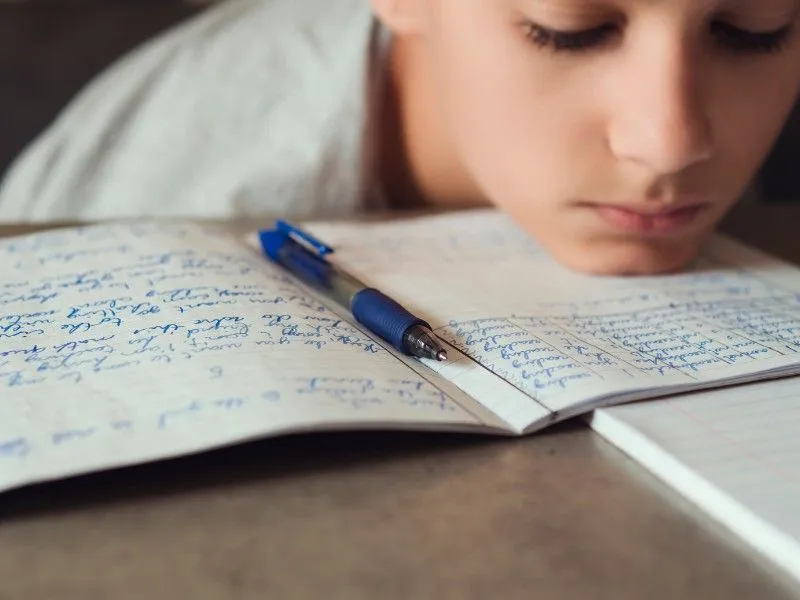In today's fast-paced world, managing stress and anxiety can be challenging for adults, let alone for children. This is where mindfulness, the practice of focusing on the present moment without judgment, comes in. Introducing mindfulness to children can equip them with invaluable tools to navigate their emotions, improve focus, and build resilience.
Why Mindfulness Matters for Minors:
- Reduced Stress and Anxiety: Mindfulness helps children calm their minds and bodies, lowering stress hormones and easing anxieties. This can be especially beneficial during challenging times, like exams or social situations.
- Enhanced Focus and Concentration: By learning to pay attention to the present moment, children can improve their focus and concentration in school and other activities. This can lead to better academic performance and overall productivity.
- Increased Self-Awareness and Emotional Regulation: Mindfulness helps children understand their emotions and develop healthy coping mechanisms for dealing with them effectively. This can lead to improved self-regulation and emotional well-being.
- Greater Compassion and Empathy: Mindfulness practices often involve focusing on the breath and bodily sensations, promoting a sense of connection with oneself and others. This can cultivate compassion and empathy in children.
Bringing Mindfulness to Life:
The beauty of mindfulness is its adaptability. Age-appropriate techniques can be easily incorporated into children's daily routines, making it a fun and engaging practice. Here are some ideas:
For Younger Children (3-5 years old):
- Belly Breathing: Invite children to lie down comfortably and place a stuffed animal on their bellies. Encourage them to breathe deeply, watching the animal rise and fall with each breath. This playful approach helps them understand and control their breathing.
- Mindful Movement: Turn everyday activities into mindfulness practices. Sing songs and move your bodies, focusing on the sensations of your breath and movement. Play simple games like "Simon Says" and encourage children to pay attention to instructions and actions.
- Mindful Listening: Read stories with expressive voices and encourage children to actively listen. Ask questions about the story and their emotions while reading. Use nature walks or quiet moments to focus on sounds like birds chirping or leaves rustling.
For Older Children (6-12 years old):
- Guided Meditations: Introduce short guided meditations that focus on specific themes like calmness, confidence, or gratitude. There are many free online resources and apps specifically designed for children's mindfulness practice.
- Journaling: Encourage children to keep a mindfulness journal where they can write down their thoughts, feelings, and experiences of practicing mindfulness. This can be a great way for them to reflect on their progress and track their emotional well-being.
- Creative Mindfulness: Incorporate mindfulness into arts and crafts. Encourage children to draw or paint their emotions, focusing on the sensations of their hands and the colors they choose. Create mindful mandalas or build mindful sculptures using natural materials.
Remember:
- Make it fun and engaging: Keep mindfulness practices light and enjoyable. Avoid lecturing or forcing children to participate. Focus on making it a positive and enriching experience.
- Lead by example: Children learn best by observing adults. Practice mindfulness yourself and integrate it into your daily life. Show your children that taking care of your mental well-being is important.
- Be patient and consistent: Developing mindfulness takes time and practice. Be patient with yourself and your children, and celebrate small victories along the way.
Conclusion
By introducing mindfulness to children, we are equipping them with invaluable tools for navigating life's challenges and cultivating a sense of inner peace and well-being. Remember, even a few minutes of mindfulness practice each day can make a significant difference in a child's life. So, let's embark on this journey together, nurturing the emotional well-being of our next generation, one mindful breath at a time.
At Solh, we deeply value mental health and understand the pivotal role of compassion in the overall well-being. That's why we've carefully assembled a suite of empowering Self-help tools and Community Support tailored to nurture your mental health. Our curated offerings encompass a diverse array of resources, from journaling, support groups to Solh Buddy, allowing you to share your experiences,seek support, offer guidance and connect with others - anonymously or as yourselves. Take control of your path towards enhanced mental well-being by exploring and utilizing our comprehensive resources at Solh!



